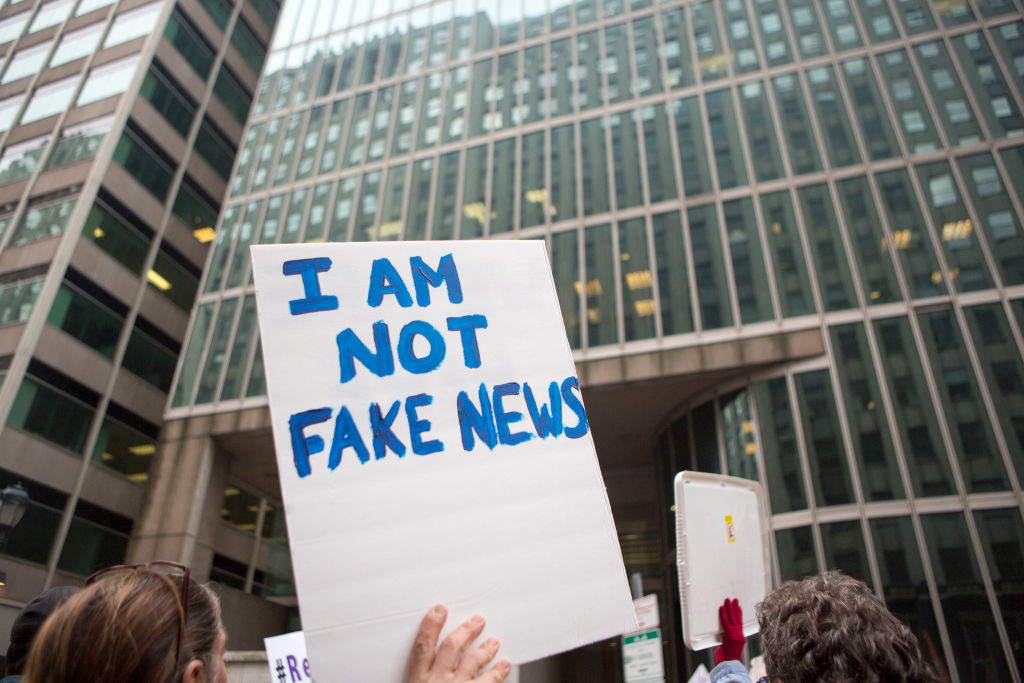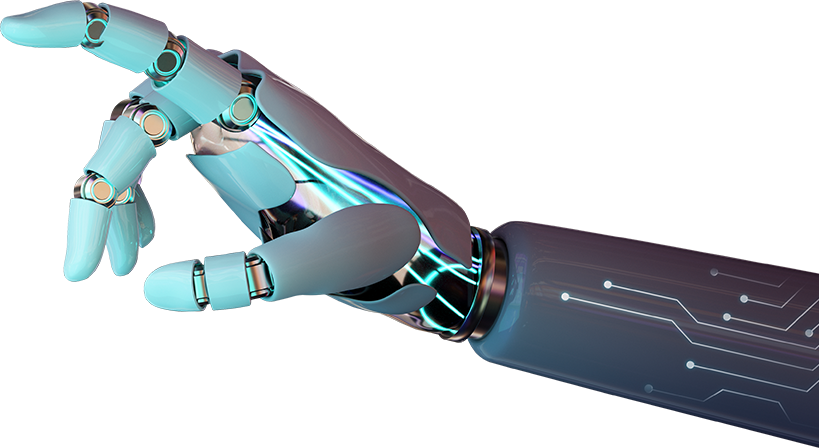AI systems are everywhere these days – from online shopping algorithms to chatbots that pretend to be human. But you don’t need to be afraid of them turning into Skynet and taking over the world (at least not yet). However, the real danger of AI lies in its potential to be used by shady characters to manipulate public opinion and cause chaos. Sentient AI shouldn’t be your primary concern. Although we’ve made significant progress in the AI field in recent years, achieving true sentience remains an elusive goal. Even if it were attainable, there’s no certainty that it would harbor any animosity toward humans. We all enjoy a good sci-fi movie, but when it comes to AI, our attention should be directed toward present genuine dangers.
By the way, if you’re keen to dive deeper into securing consistent leads and top-quality appointments with prospects eager to converse with you, click here to watch a FREE, comprehensive training video detailing every step of the process.
The real danger of AI is its potential to be used for manipulation. AI algorithms are becoming more advanced, and as a result, they can identify patterns in huge data sets and make predictions about human behavior. This makes them a perfect tool for individuals or organizations that want to influence public opinion, whether it be for political gain or to promote a certain product. In the hands of the wrong person, AI can be used to spread false information, incite violence, and sow distrust.

One instance of AI manipulation can be observed in the 2020 US presidential election. During this election, both parties employed AI algorithms to target particular voters and shape public opinion. Political campaigns utilized data analysis to pinpoint potential supporters and develop targeted advertisements and messages that would appeal to them. The objective was to sway voters in favor of their candidate and secure the election victory.
Another example of AI manipulation is evident in the Cambridge Analytica scandal, which involved the use of AI algorithms to manipulate public opinion during the Brexit referendum in the UK. Cambridge Analytica, a political consulting firm, gathered extensive data on individuals through Facebook and other social media platforms. They then employed AI algorithms to examine this data and generate targeted ads and messages that would resonate with specific voter groups. The aim was to influence these voters to support their clients’ political agenda.


This type of AI manipulation also raised concerns about the potential spread of false information and propaganda through social media and other platforms. There were apprehensions that some of these targeted ads and messages were based on inaccurate or deceptive information, leading to further polarization and division among voters. Mainstream media (MSM) has also been known to spread lies and false information at times.
This can happen for a variety of reasons, such as bias, sensationalism, or simply a lack of fact-checking. The spread of false information by MSM can have serious consequences, as it can lead to increased polarization and distrust among the public. The issue with AI is not the technology itself, but rather the ways in which it can be misused by individuals or organizations for harmful purposes. However, by staying up to date and getting educated on AI, we can mitigate many of these potential risks.
Keeping AI in Check
Education and awareness are key to preventing the misuse of AI technology. By understanding how AI algorithms work and how they can be used to manipulate public opinion or spread false information, we can better identify when these tactics are being used against us. Holding individuals and organizations accountable for the misuse of AI technology is crucial to preventing harm and promoting ethical practices. This includes implementing regulations and guidelines around the use of AI. The issue of accountability in AI is a complex one, as it raises the question of who is responsible for monitoring and regulating the use of these technologies.
One concern is that those who will be tasked with monitoring the use of AI technologies could themselves be biased or act in an unethical manner. This could result in a lack of oversight or even the misuse of AI technologies for unethical purposes. Failing to address this concern could result in a lack of oversight or even the misuse of AI technologies for unethical purposes. It’s crucial to recognize that a multi-faceted approach is necessary, which involves regulation, oversight, transparency, and accountability measures. By implementing these measures, we can ensure that AI technologies are used ethically and responsibly, and that any potential risks are mitigated.
There are several reasons why the watchers, or those responsible for monitoring and regulating AI technologies, should not be controlled by politicians. One concern is the potential for misuse. If politicians have control over those who monitor AI technologies, they may exploit these technologies for their political gain. Another reason is the importance of maintaining impartiality and objectivity in AI oversight. If politicians control the watchdogs, it becomes difficult to ensure that AI technologies are being monitored and regulated fairly and without political bias. Transparency is crucial for the public to have trust in the use of AI technologies and to ensure that these technologies are being used in a manner that respects privacy, fairness, and human rights

How to Stay Informed and Safeguard Your Views
Protecting yourself from AI manipulation can be a daunting task, but it’s not impossible. Here are some tips to get you started:
Don’t blindly believe information that confirms your beliefs. Be skeptical and do some real fact-checking before sharing it. It’s important to critically evaluate information, even if it supports your pre-existing beliefs. Watch out for fake social media accounts and bots that may try to influence your opinions. These accounts can be created by individuals or organizations to spread false information and propaganda. Be aware of the sources of the information you are consuming and take steps to verify its accuracy. Use ad blockers and other tools to limit the amount of data that is collected about you. Don’t get stuck in echo chambers or filter bubbles.
Try to get your news from multiple sources and consider diverse viewpoints. This will help you avoid being influenced by a narrow range of information and will give you a broader perspective on the issues. Be aware of the potential biases and limitations of AI algorithms. AI is only as good as the data it’s trained on, and biases can be introduced if the data is not diverse or representative. Support efforts to increase transparency and regulation around AI algorithms. AI algorithms can be used to manipulate public opinion, and it’s important to hold those who use them accountable. Supporting efforts to increase transparency and regulation can help prevent the misuse of AI technology.
While sentient robots may be an interesting topic, AI is a powerful tool that can be used for good or bad. Wielded responsibly, it can cut through complex problems and bring progress, but if used recklessly, it may cause unintended harm to society.





